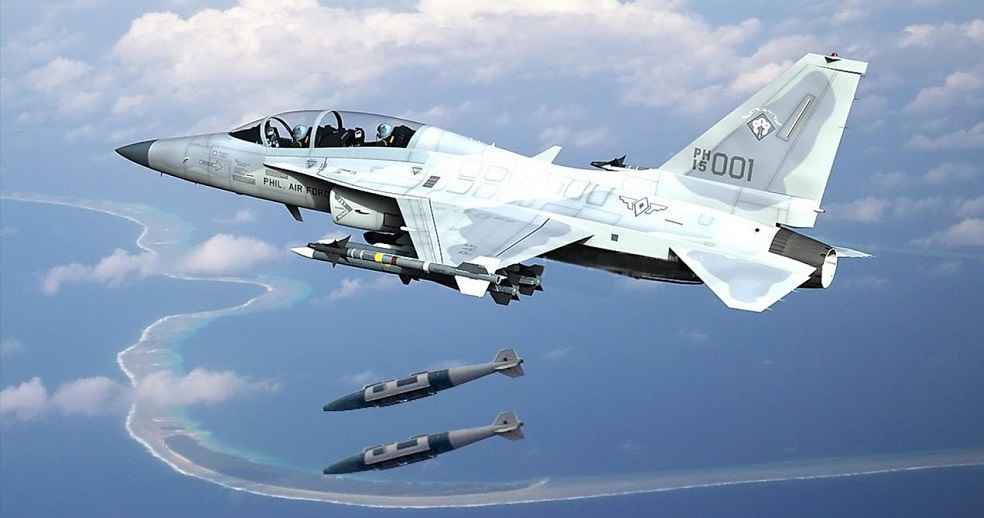Reports indicate that Iran has turned to cryptocurrency, including Bitcoin, to sidestep severe international sanctions and facilitate the export of advanced ballistic missiles to Russia. While yet to be officially verified, this move suggests a bold shift in how Tehran navigates economic blockades, potentially redefining global arms trade practices.
Intelligence sources reveal that Iran has supplied Russia with a large cache of ballistic missiles, including the Fateh-110, Zolfaghar, and Fateh-360 models. These advanced weapons, noted for their accuracy and extended range, are believed to be part of a broader military supply effort to support Russia’s current conflicts, particularly the ongoing war in Ukraine.
The transfer of funds for these missile deals is suspected to have occurred through cryptocurrency channels. The anonymity and decentralization of digital currencies such as Bitcoin make them ideal for skirting international sanctions, providing Tehran with a discreet method of transaction.

Why Turn to Cryptocurrency?
Cryptocurrencies offer strategic advantages for illicit financial activities:
Anonymity: Parties can carry out transactions without exposing their identities, a vital feature when avoiding sanctions.
Decentralization: Operating outside traditional banking systems, cryptocurrencies are immune to government control, making them hard to seize or block.
Speed: Cross-border transfers occur swiftly, a key advantage for time-sensitive operations.

Global Reaction
The global response to these revelations has been divided. Some nations praise the resourceful use of blockchain technology to assert financial autonomy, while others express concern over the potential risks this method presents for international stability.
Economic Analysts: Point out the heightened volatility in cryptocurrency markets, notably the sharp drop in Bitcoin’s value following the news. This reaction underscores the market’s sensitivity to geopolitical developments.
Security Experts: Warn that this could set a dangerous precedent, potentially encouraging other countries or non-state actors to bypass sanctions and fund military projects through cryptocurrency.
Western Governments: Are likely to rethink their approach to cryptocurrency regulation, recognizing its growing role in geopolitical and military strategies.

Market Response
The cryptocurrency market took a hit following the revelations, with Bitcoin briefly falling below $60,000. Despite the initial dip, market activity showed signs of recovery as investors appeared to be hedging against both the risks and opportunities that such news presents.
Strategic Implications
Iran’s alleged use of digital currencies to facilitate missile exports could mark a turning point in the global arms trade and financial warfare. While official confirmation is still pending, the implications of this development are profound, pushing governments and security experts to reconsider how cryptocurrencies fit into future economic sanctions and arms control strategies.
METAL WORLD | India’s Diamond Sector Faces Crisis as Imports, Exports Drop and Jobs Losses



